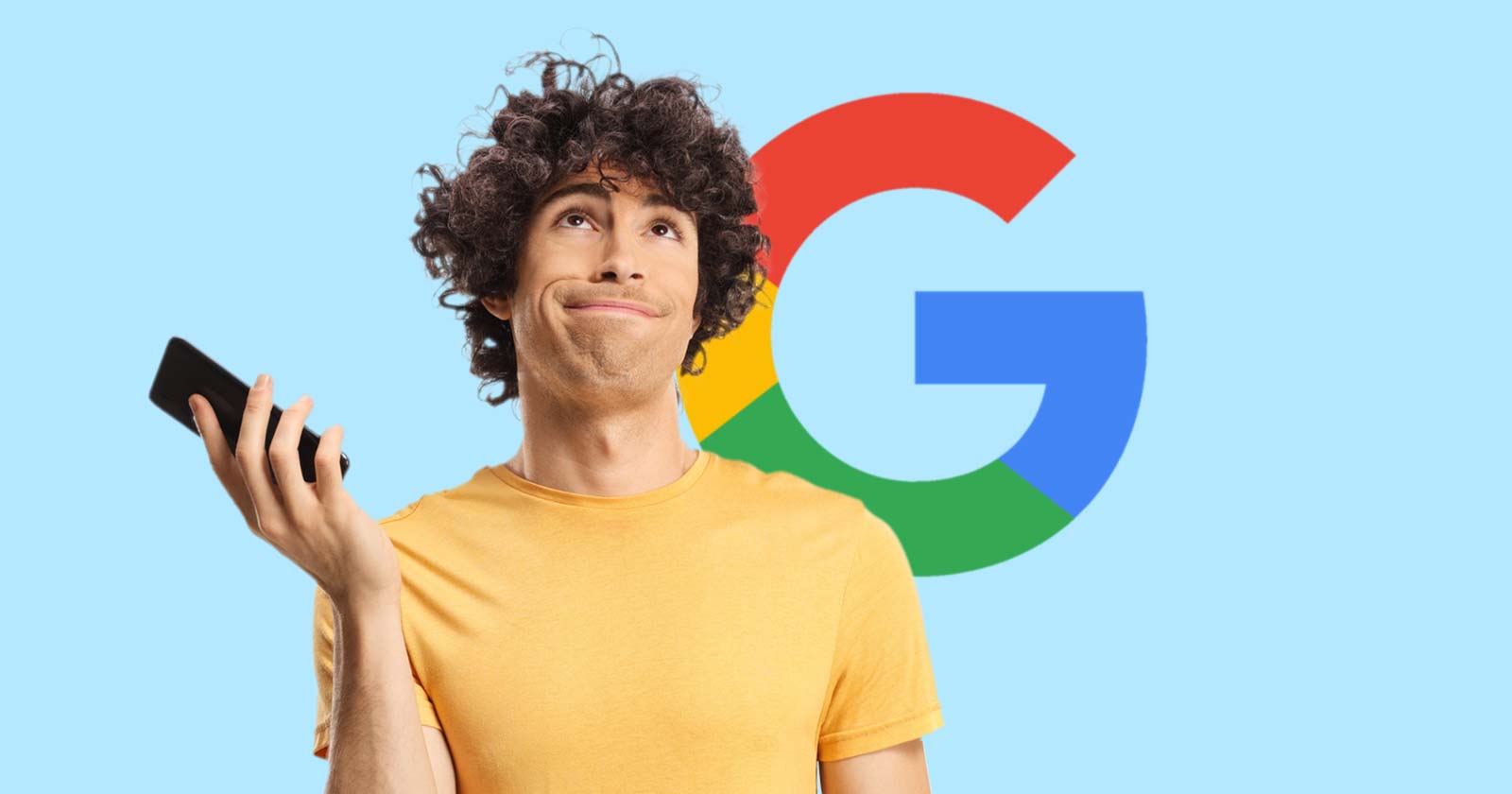
Google’s Martin Splitt questioned the usefulness of specific suggestions made by SEO auditing tools, noting that while some advice may be valid, much of it has little to no impact on SEO. He acknowledged that these audits can be valuable for other purposes, but their direct influence on SEO is limited.
Automated SEO Audits
There were two hosts of this month’s Google SEO Office Hours, John Mueller and Martin Splitt. It sounded like the person answering the question was Martin Splitt and the technical level of his answer seems to confirm it.
The person asking the question wanted to know what they should proceed with suggestions made by automated SEO tools that suggest changes that don’t match anything in Google’s documentation.
The person asked:
“I run several free website audits, some of them suggested me things that were never mentioned in the search central documentation. Do these things matter for SEO?”
Martin Splitt On Automated SEO Audits
Martin’s answer acknowledged that some of the suggestions made by SEO audit tools aren’t relevant to SEO.
He answered:
“A lot of these audits don’t specifically focus on SEO and those that don’t still mention a bunch of outdated or downright irrelevant things. unfortunately.
I’ll give you some examples. The text to code ratio, for instance, is not a thing. Google search doesn’t care about it.”
